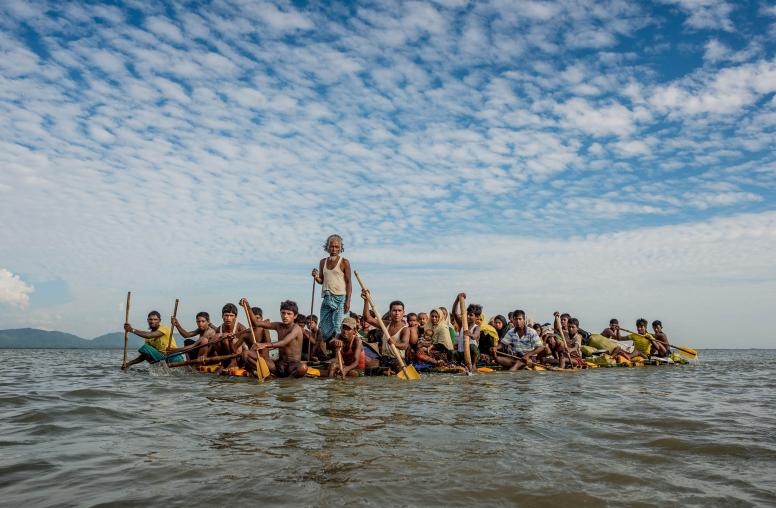Transnational Organized Crime in Southeast Asia
Countering the Rise of Scam Compounds and the Far-Reaching Criminal Networks Behind Them
Southeast Asia has become a major breeding ground for transnational criminal networks emanating from China. These organizations operate illegal and unregulated online gambling and sophisticated scamming operations that steal an estimated $64 billion a year from millions of victims around the world. Their compounds — which frequently resemble penal institutions due to their reliance on forced labor — are often established in partnership with powerful local elites, sometimes in urban centers of countries with weak or corrupt governance. From their foothold in Southeast Asia, these criminal networks are increasingly building a presence elsewhere in the world, with signs that they seek connectivity with organized criminal groups globally.
On May 13, USIP hosted a conversation on these rapidly spreading, industrial-scale scam compounds in Southeast Asia. Drawing from USIP’s recent senior study group report on the topic, the discussion illuminated how far-reaching criminal networks have been able to adapt to regional conditions and escape the constraints of law enforcement — as well as how policymakers can counter their malign effects.
Speakers
Andrew Wilder, welcoming remarks
Vice President, Asia Center, U.S. Institute of Peace
Brandon Yoder, keynote remarks
Deputy Assistant Secretary, Bureau of Intl. Narcotics & Law Enforcement
Erin West
Deputy District Attorney, REACT Task Force, Office of the District Attorney, Santa Clara County
Jacob Sims
Visiting Expert, United States Institute of Peace
Jason Tower
Country Director, Burma, United States Institute of Peace
Nicole Cochran, moderator
Program Officer, Burma, United States Institute of Peace



